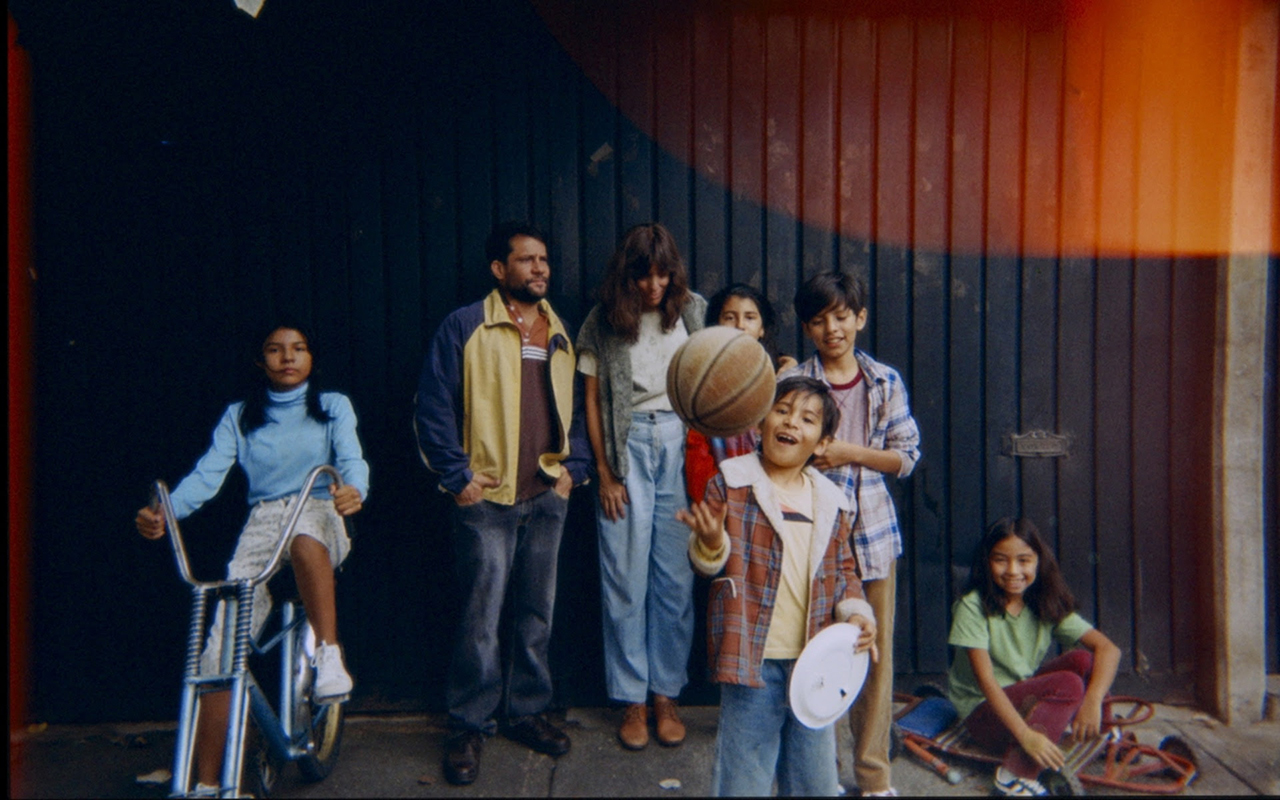
Part of Cinepunx’s coverage of the 2025 Vashon Island Film Festival
Childhood is fraught with dangers—both genuine and imaginary. The Devil Smokes understands this in its bones. It’s a film about childhood excitements, fears, confusions, and sticking together against all odds. Part drama, part psychological horror, part magical realism, part coming-of-age saga—it embodies each with aplomb. There’s a haunting ferocity to the filmmaking here, the feature debut of Mexican filmmaker Ernesto Martínez Bucio, who has crafted something entirely unique and uncomfortably unforgettable.

Set in the 1990s, The Devil Smokes follows five siblings as their world collapses around them. Their mother, struggling with mental health issues, has suddenly left the family. Their father has gone after her, leaving the children in the care of their elderly, schizophrenic grandmother—who orders them to cover all the windows to keep the neighbors from spying and hears noises where there are none. The kids seldom leave the house, find solace in one another, and slowly succumb to the perilous delusions of their grandmother and the trauma of their fractured family. It’s a story of resilience—and a reminder that childhood can be both a refuge and armor against the horrors happening around us.
Calling The Devil Smokes a “genre film” feels inadequate. It is one, certainly, but the most unsettling moments stem from real-world events: a neighbor leaves a jersey on the roof and accuses one of the children of stealing it, sparking street-side confrontations; or a family tragedy forces the kids to learn unexpected but valuable lessons about life, death, and living through pain. Over the course of the week they spend in their grandmother’s care, they grow up far too quickly. She clearly loves her grandchildren and is fiercely protective of family, yet she’s also consumed by the psychological issues that have turned her into a paranoid, unpredictable caretaker.

The child performances are exceptional. Each feels authentic, with distinct personalities that hold their own in a household full of strong wills. Rafael Nieto Martínez stands out as Tomás, the eldest son, suddenly responsible for his siblings after his father leaves. He takes the role seriously—doing his best to be the man of the house—while still needling his oldest sister by calling her a “fatso” just to be cruel. His younger brother, Víctor (Donovan Said Martínez), lights candles in the bathroom and prays to the Devil for a better life—a notion inspired by his grandmother, who insists nothing good has happened to her since she prayed to God. The film concludes with a perfect touch of magical realism—subtle, unforced, and enriching to the story we’ve been living in.
There’s something truly special about The Devil Smokes. It’s paranoid, kinetic, claustrophobic, joyous, haunting, and a bit aggressive—in the best way. Bucio’s confident debut reveals an acute understanding of the fragility of childhood that’s rare to see onscreen. It recalls elements of the documentary The Wolfpack, though here we understand the parents in ways that keep us connected to them. They love their children and may well be good parents, yet they still put them at risk to serve the needs of their fractured relationship. Thankfully, the siblings have each other—and their grandmother, for better or worse. By the end, they’ve learned more than most children should, and matured far too soon. There’s no rhyme or reason to their journey. The Devil works in mysterious ways.
RATING: ****/***** (currently playing on the film festival circuit)




